Reflection—one of the 7 AO Principles of Education forms the relationship between learning and reflection in the practice setting and has been considered by many educational theorists.
People learn from experience by reflecting on it and reflection is thus an integral part of learning. Some have called this process "informal self-directed learning" [1].
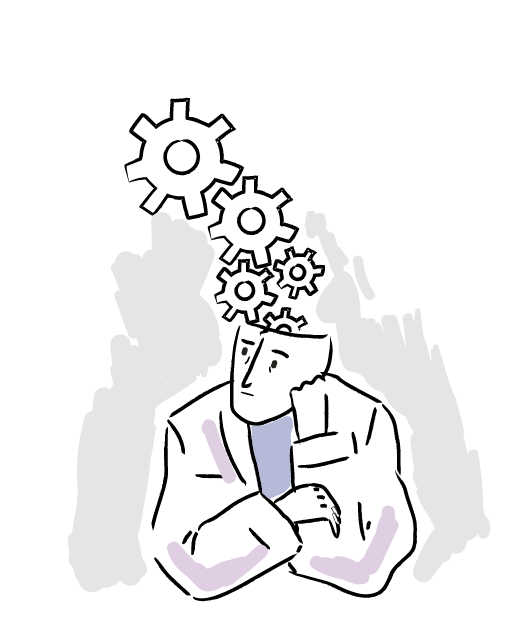
how to implement reflection
10 tips on
For your educational event to promote reflection, consider integrating the following:

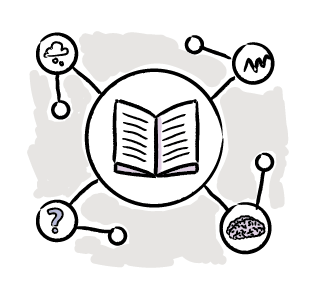 1.
1.
Provide opportunities during the learning experience to reflect on the teaching content and how to incorporate it into practice.
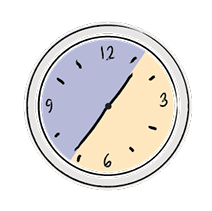 2.
2.
Use pre- and post-event assessment wherever possible.
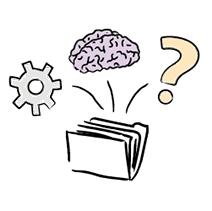 3.
3.
Create case studies that promote reflection.
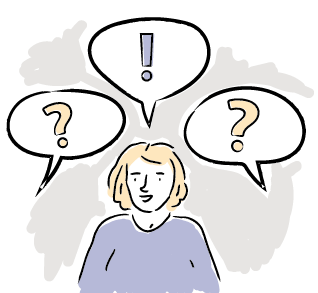 4.
4.
Apply reflection forms such as question and answer sessions, panel discussions, and quality improvement data.
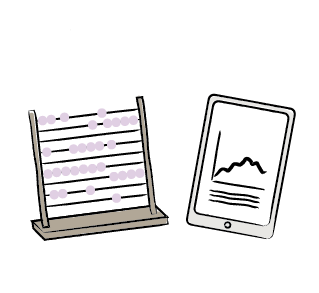 5.
5.
Combine traditional with new educational teaching methods.
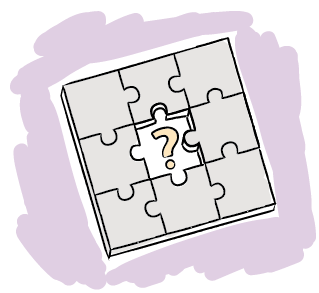 6.
6.
Creating and maintaining learning portfolios can also assist clinicians in fine tuning their learning gaps and outcomes and in identifying future learning needs.
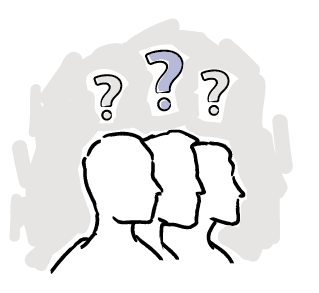 7.
7.
Encourage learners to question their own practice, colleagues, and patients.
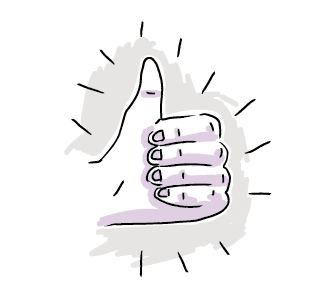 8.
8.
Motivate learners to commit to change and improving their clinical outcomes.
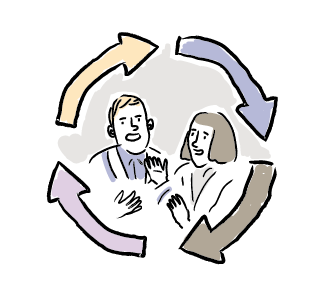 9.
9.
Use the four feedback steps to promote reflection in a coaching session.
Kolb describes a learning cycle that identifies reflective observation as the “critical link between the learner’s concrete experiences and the formation of abstract concepts of changes in competence and practice that are subsequently tested in practice” [2].
How can you aid clinicians to improve their reflection ability in practice? According to Campbell and Gondocz, the key is to “enhance their question asking skills” [3]. Proficiency in reflecting on the practice setting, drawing insights from that reflection, and applying the insights to improve practice, increases the value of the reflection process. The ability of clinicians to question themselves, their colleagues and patients, and other resources, improves the likelihood that the answers will inform their future clinical decision making. Understanding their own practice and competence or performance gaps, allows practitioners to recognize the learning pathways benefitting them most. It is critically important to assist physicians to “accurately reflect on their current performance and patient outcomes and by reducing inaccurate self-perceptions of their adherence to evidence-based standards” [3].
The significance of reflection can be described using Kolb’s cycle or the learning cycle. The cycle consists of four stages (Fig 1). Experience is just one of the four stages and it alone is not sufficient for learning to occur. One needs to reflectively observe the experience: “Reflective observation”, and then formulate and integrate the new “skills, knowledge, attitudes and values with the learners’ cognitive framework”: “Abstract conceptualization”. Based on the new cognitive framework after reflection on a previous experience, the learner will respond differently when he or she encounters similar situations in the future: “Action”. The new response is itself an experience that the learner can reflect on, leading to further modification of the cognitive framework [4].
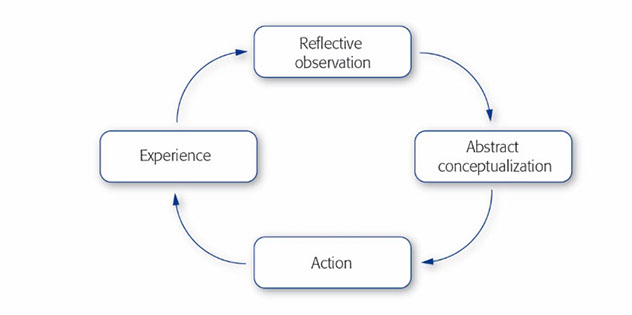
Fig. 1, Kolb’s cycle
Learners going through the stages in Kolb’s cycle are more likely to achieve deep learning because numerous links are formed between the new facts and ideas and their existing cognitive framework, in contrast to surface learning, in which new facts and ideas are isolated and unconnected. The linking process also gives more meaning to the new knowledge, skills, attitudes and values by relating them to the larger context [4].
References
- Schön D. Reflective practitioner. San Francisco: Jossey-Bass Publishers; 1983.
- Kolb DA. Experiential learning: experience as the source of learning and development. Englewood Cliffs: Prentice Hall; 1984.
- Campbell C, Gondocz T. Identifying the needs of the individual learner. In: Fox R, Mazmanian P, Putnam R, ed. The Continuing Professional Development of Physicians: from Research to Practice. Chicago: American Medical Association. New York: Praeger Publishers; 2003. 81–95.
- Jennett P, Jones D, Mast T, et al. The characteristics of self-directed learning. In: Davis D, Fox R, ed. The Physician as Learner: Linking Research to Practice. Chicago: American Medical Association Press; 1994: 47–65.
FacultyFocus 1-2018
AO Foundation
FacultyFocus
1-2018
AO Foundation
Copyright © 2018 AO Foundation.
All rights reserved.